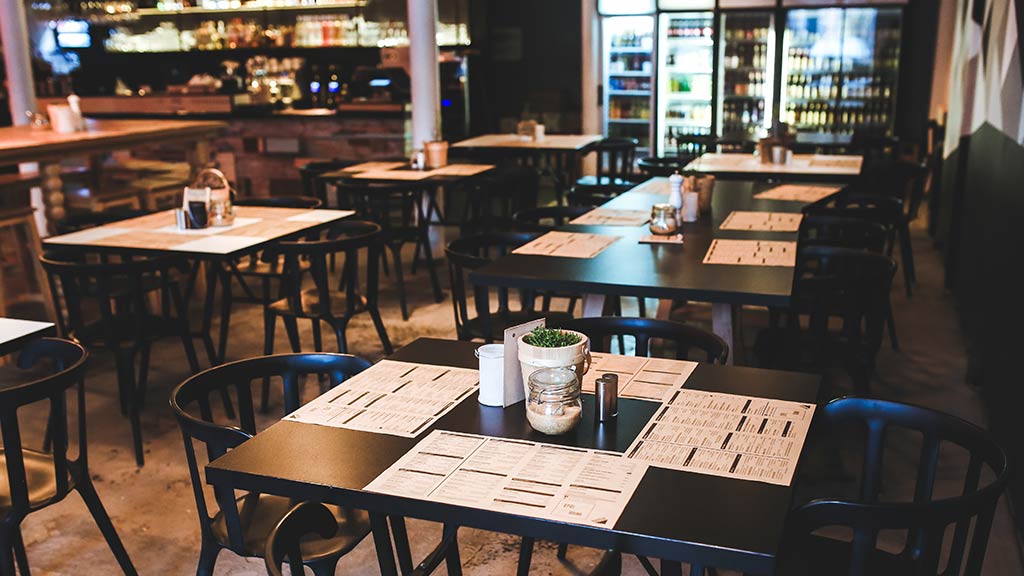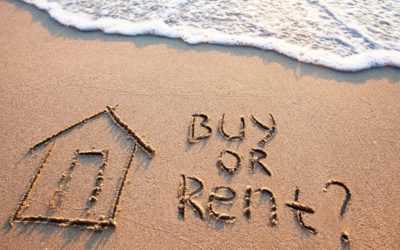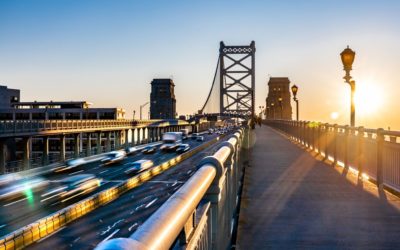Opening up a new business is a risk. If you’re planning to open a retail store or restaurant, you can reduce many of the risks through careful research and planning. Here’s what to look for to ensure you’ve made a good decision –
1. What is the Crime Rate in the Area?
Some areas have higher crime rates than others. If an area has a higher than usual crime rate (especially with property thefts and burglaries), you may want to consider another area with a safer record. In addition to reviewing actual crime statistics, you need to ask yourself if the location “feels†safe. Is the property well lit? Can you see the space from the street? Customers are reluctant to travel to areas that look and feel unsafe. Of course, no area is immune from crime, but crime can be measured historically and data is available.
2. Is the Store or Restaurant Visible from the Street?
As a new business, you need to be as visible. For this reason, you must ensure your store or restaurant is easily visible from the street so that anyone passing by can see the name of your business. Drive by and to a lesser extent, pedestrian traffic is essential to a retail business. Many times, a future customer will remember a sign he or she saw while driving by a business. Out of curiosity or need, the individual decides to visit the business and thereby makes the transition from potential to an actual customer. Either way, the first time many customers find out about a business is by driving or walking by a business. A well-located business is a cost-effective way to advertise.
Good name choice is important. A good name should convey what the business does simply from reading or hearing it.
3. Is the Store Easy to Access?
Is it possible to turn into the store from both sides of the road; or does a prospect need to do a U-Turn if traveling from one way to get in? Is there a dedicated driveway or shared driveway?
4. Is There Good Signage?
If your store or restaurant doesn’t have good signage (easy to read, large letters, and will lit), then there is a good chance people will pass by not notice your business. Make sure you develop eye-catching signage on your store, and possibly also on the main shopping center’s pylon sign to draw attention to your new business. Ensure you follow local zoning and sign guidelines.
5. How Busy is The Street You Are On?
In general, the busier the street, the better the location. More cars mean more traffic, which in turn could mean more sales. You should be able to quantify this by researching or inquiring as to the daily traffic-rate. In general, 10,000 daily car counts are more is considered a good location. 25,000 or more daily cars is considered excellent. Of course, this varies a lot by market. If you are in a quieter rural area, then 8,000 cars a day may be very good.
6. Is the Store Near Connection Points?
A store that is not only located on a busy road, but also near other major roads or highways (like I-95 on the east coast) can easily bring people from different parts of the city to your store or restaurant. Access to other road networks can bring your business closer to other neighborhoods than distance on a map would suggest.
7. How Densely Populated is the General Area?
Apart from just the street, you will want to know how densely populated the general residential area is. For instance, how many people live within a 1 and 3-mile radius? This call is quantified and should give you an indication of how much business to expect. The landlord should be able to provide this but you can research it too.
8. What is the Average Income of the Area?
It is also a good idea to know what the average income of the area is depending on what you are selling. For example, if you are selling high-end spa services, then you’ll want to choose an area where median household income is well above the average. Make sure you check this so you’re aware of the disposable income of people in your area.
9. Is There Enough Parking?
Parking is another big consideration. If people cannot easily park their vehicles, they are likely to be deterred from visiting your store or restaurant. Conversely, if parking is easy to find, it will help attract more customers to your business.
Location is perhaps one of the most important factors to consider for a store or restaurant. Use this guide to help you make the best decisions.
10. Is the Landlord Professional and Friendly?
Your landlord is also an important consideration because you’ll want to work with someone who is easy to get along with for the long run – not just a year or two. Get a sense of the landlord by talking to them and finding out how issues are usually handled to see if you’re comfortable.




